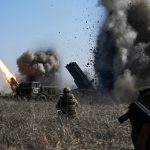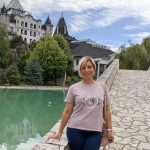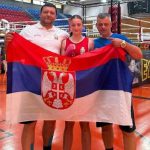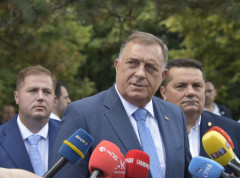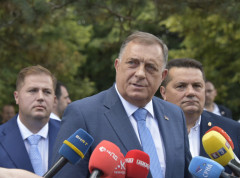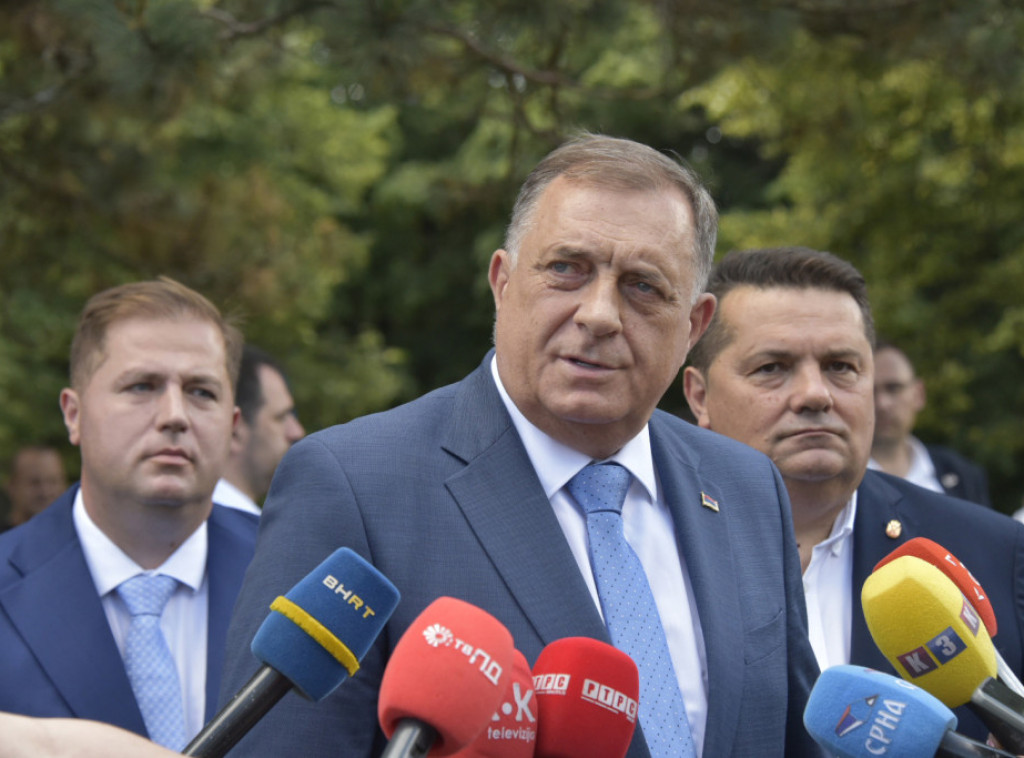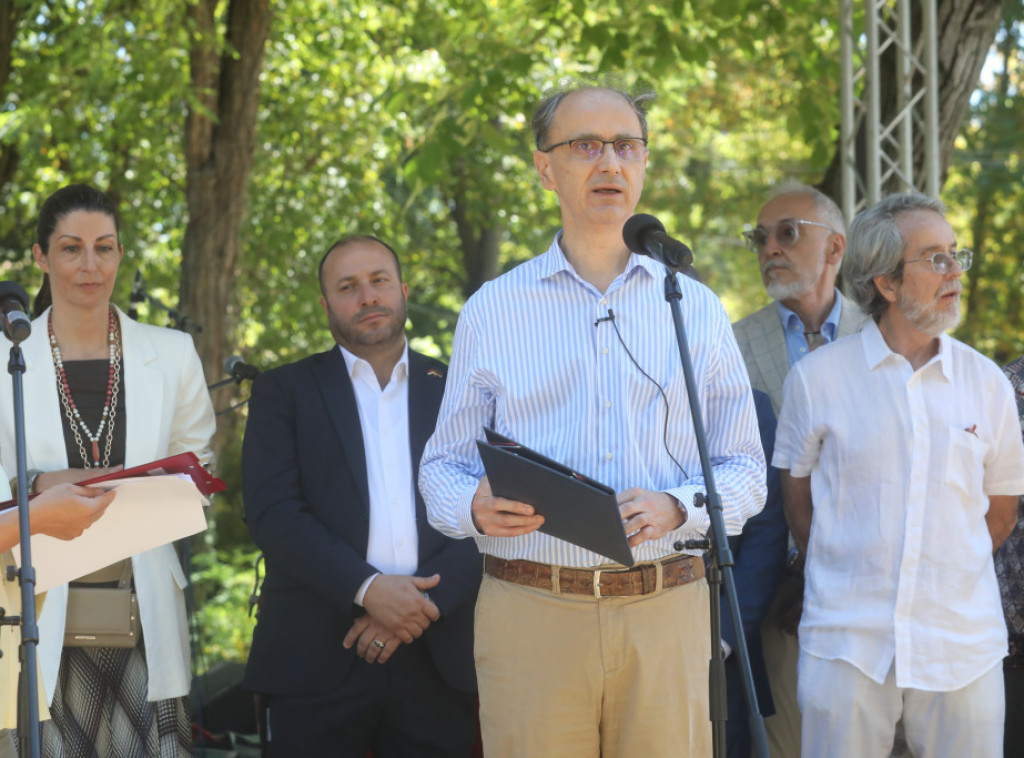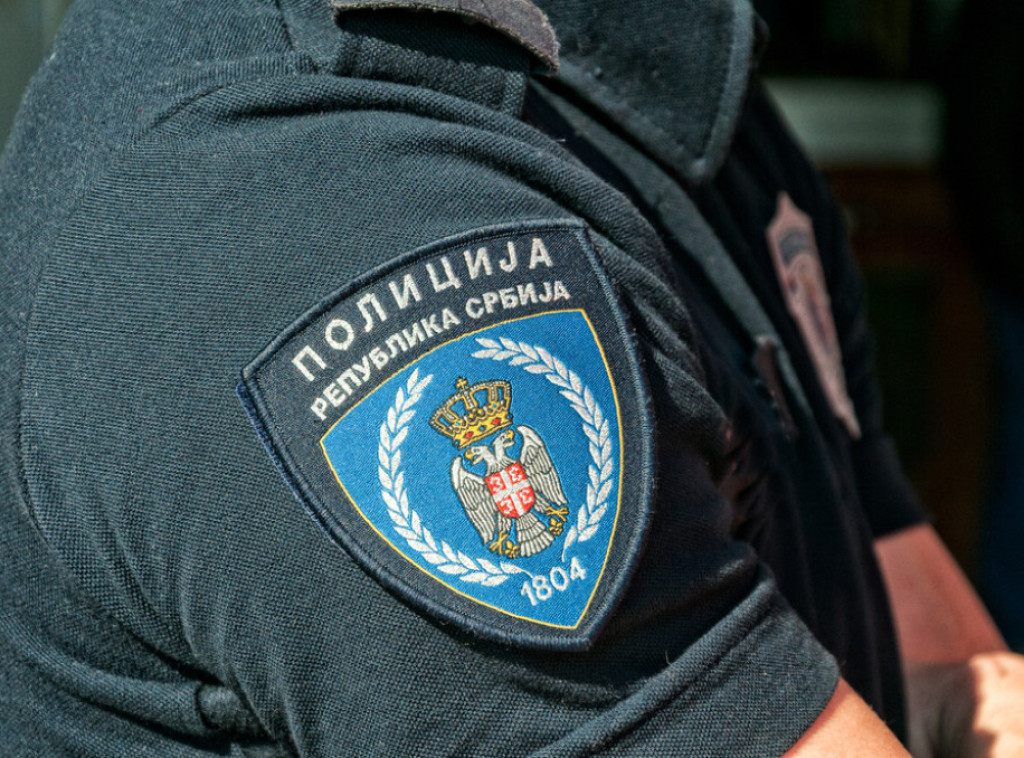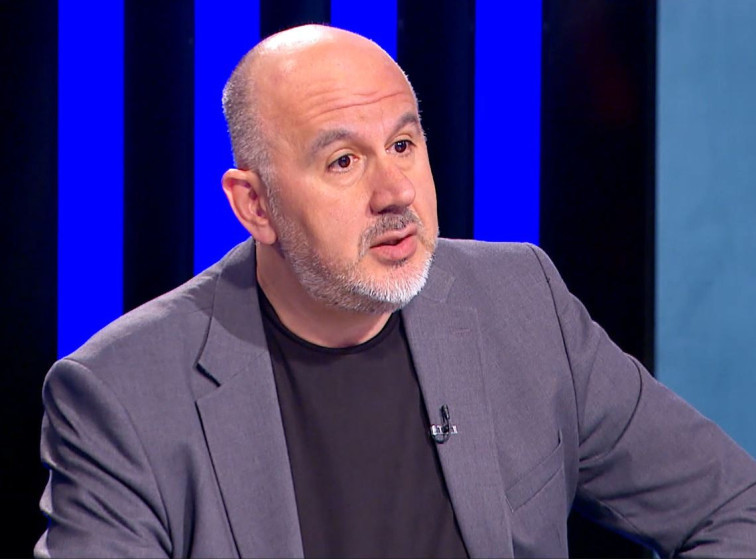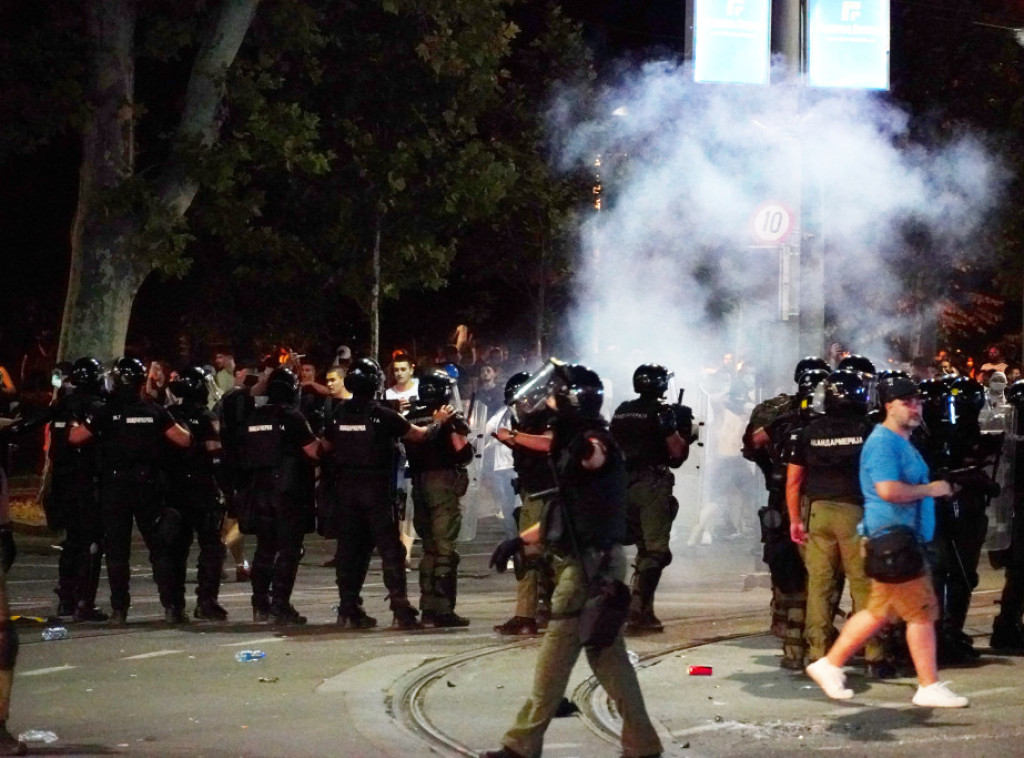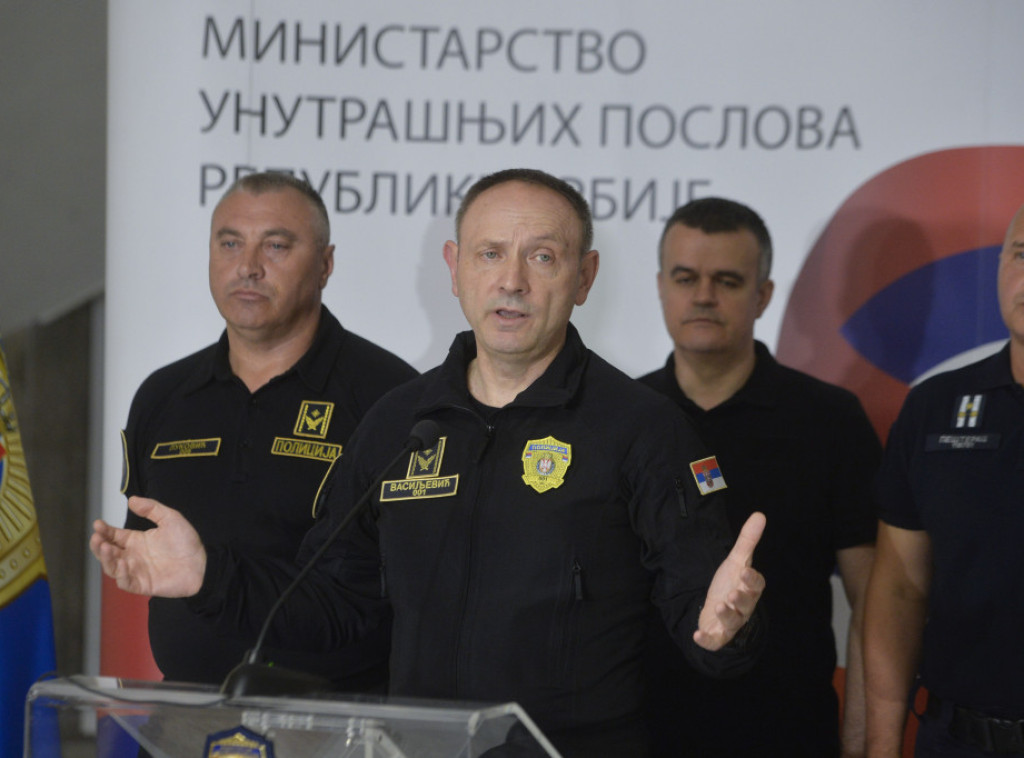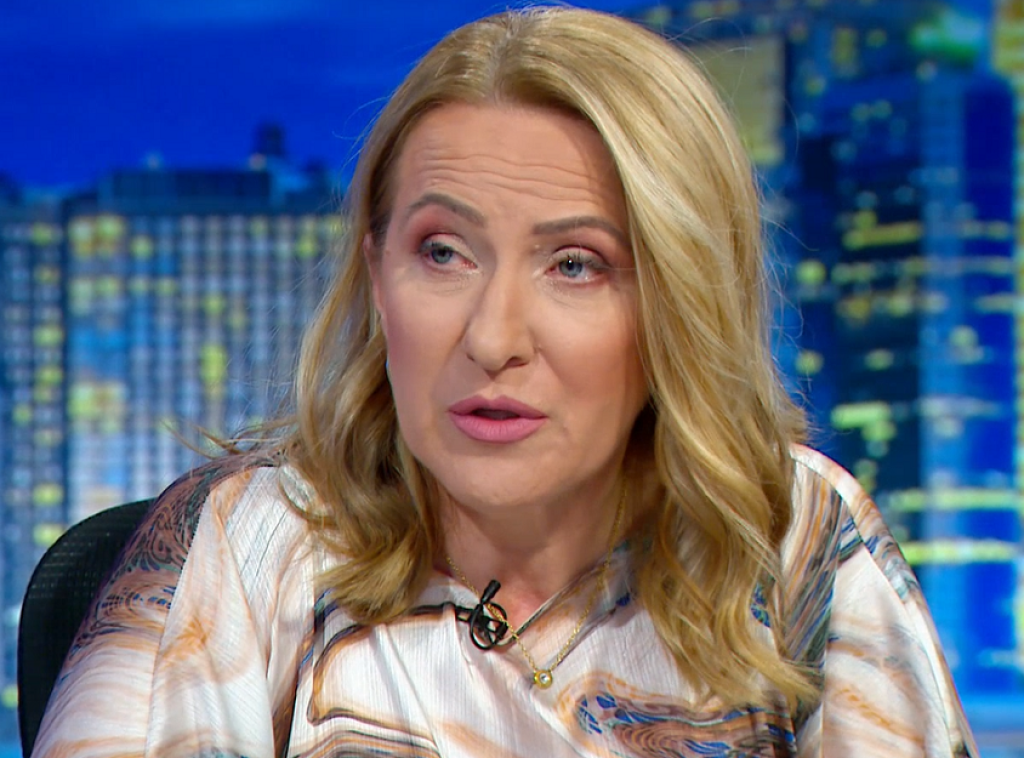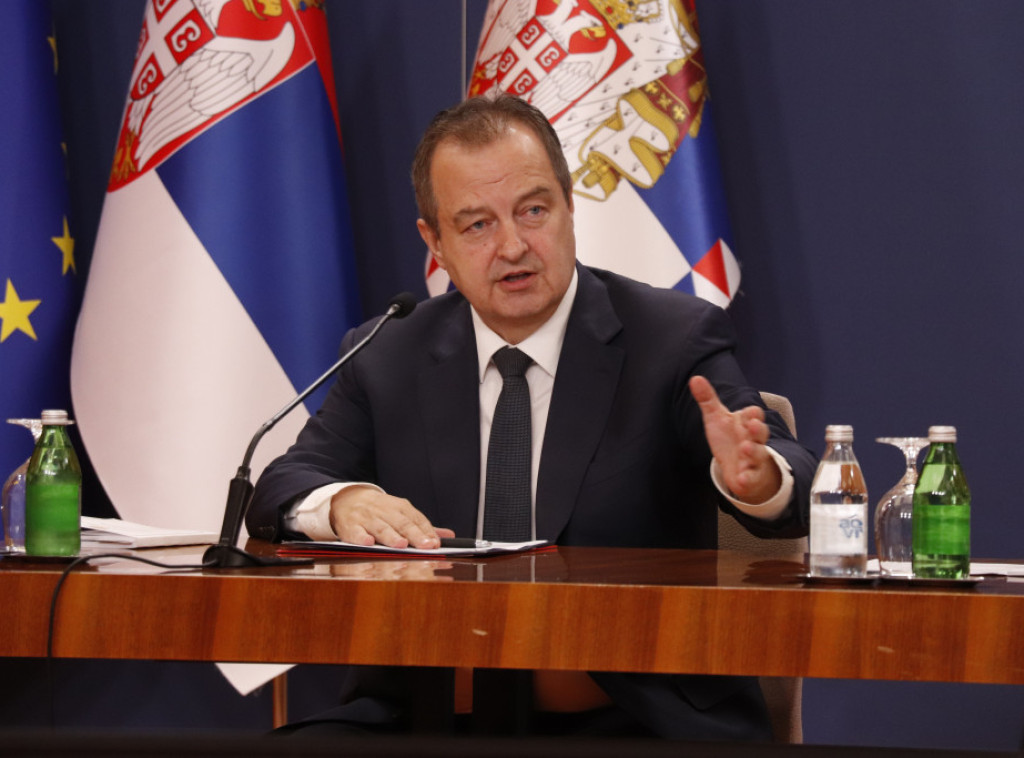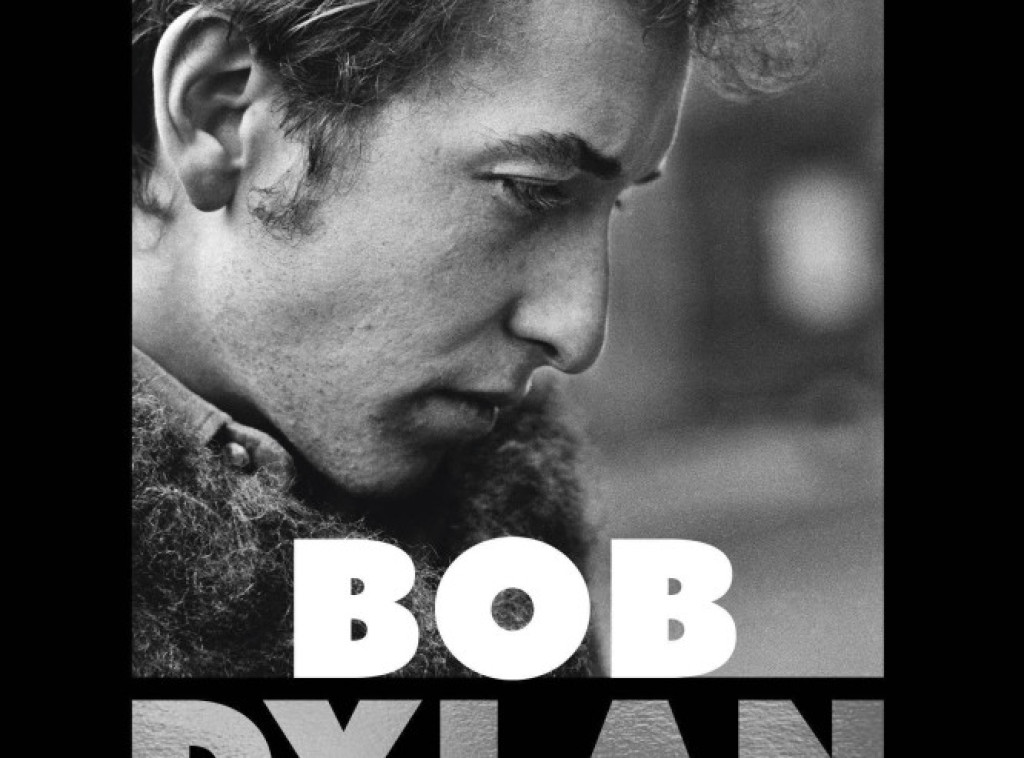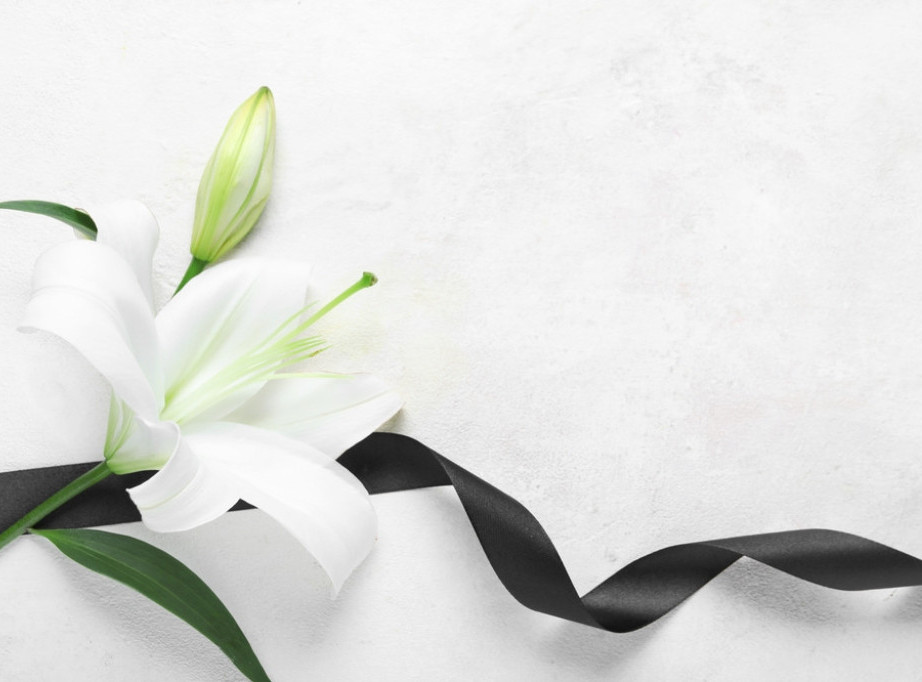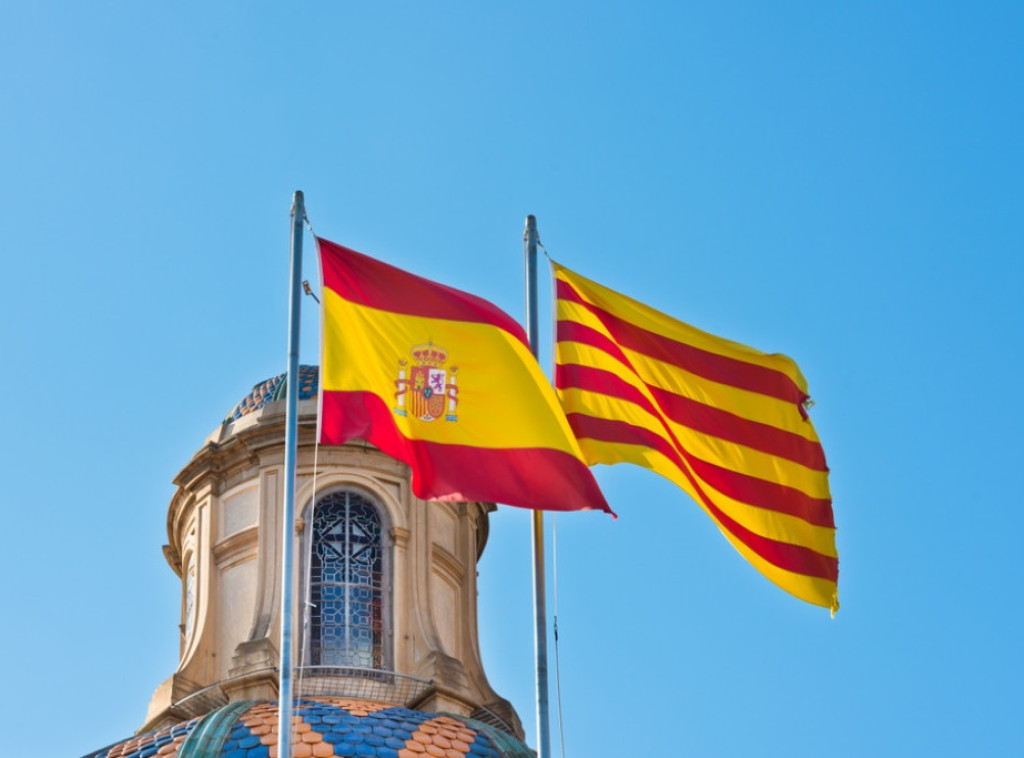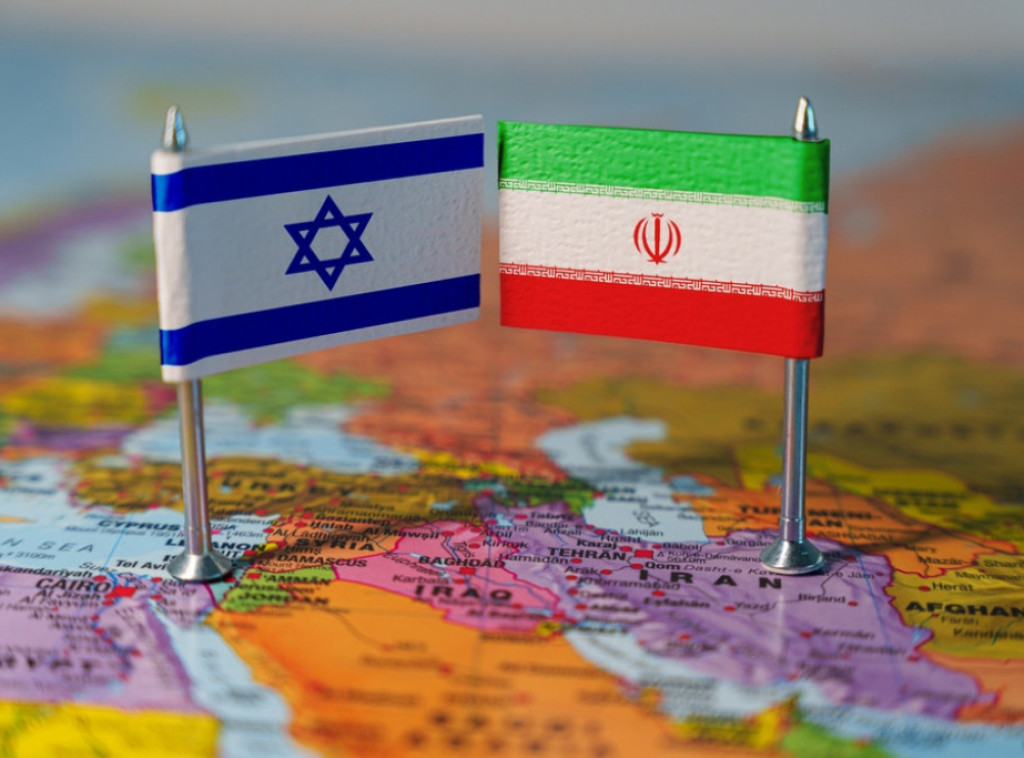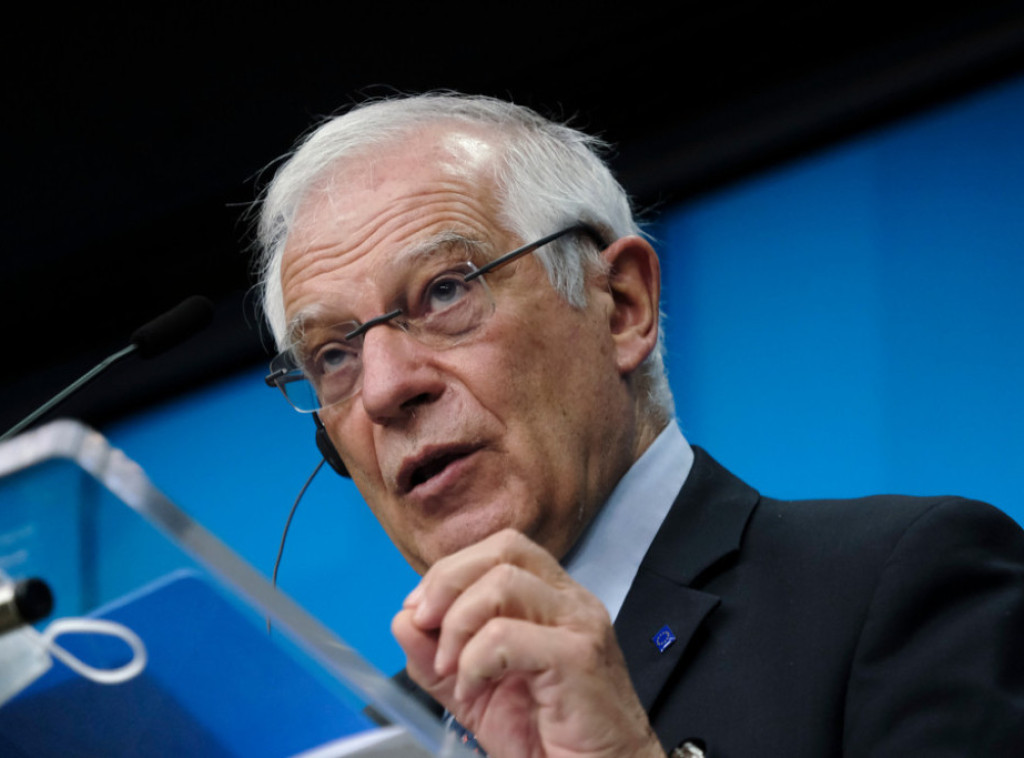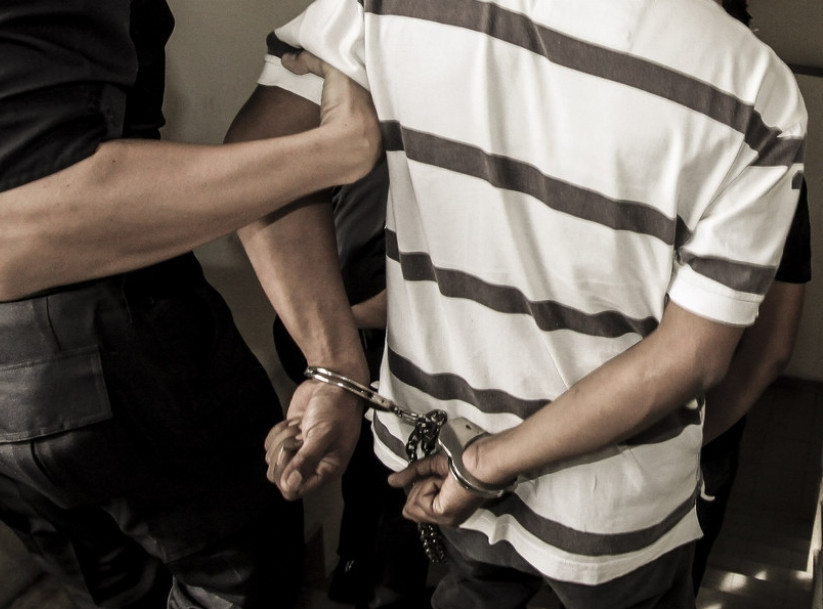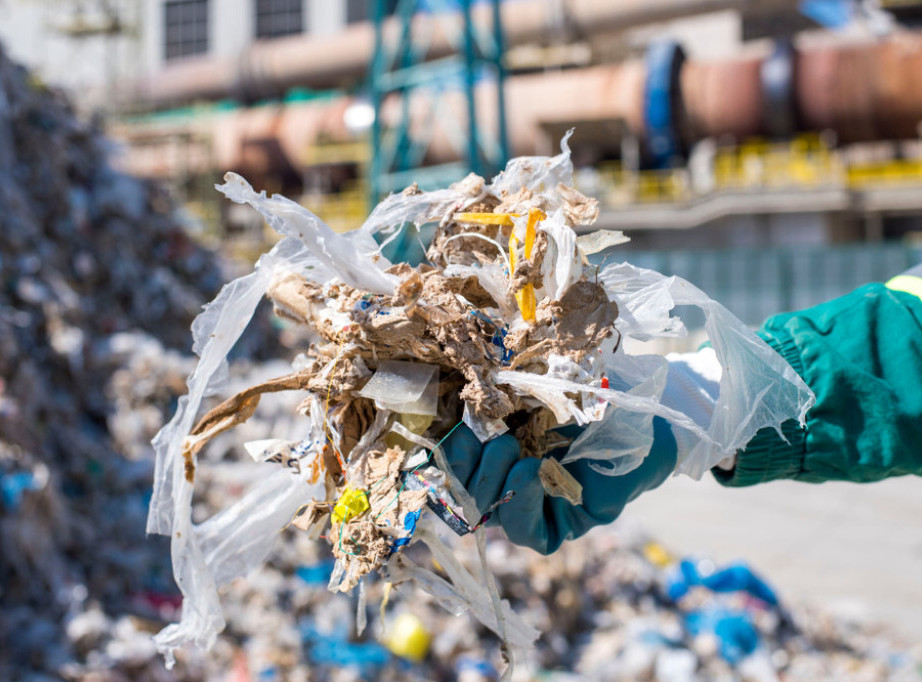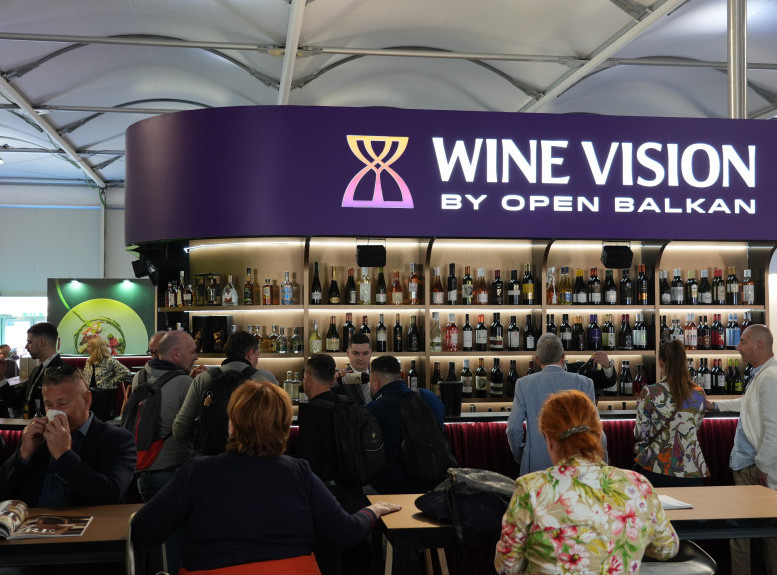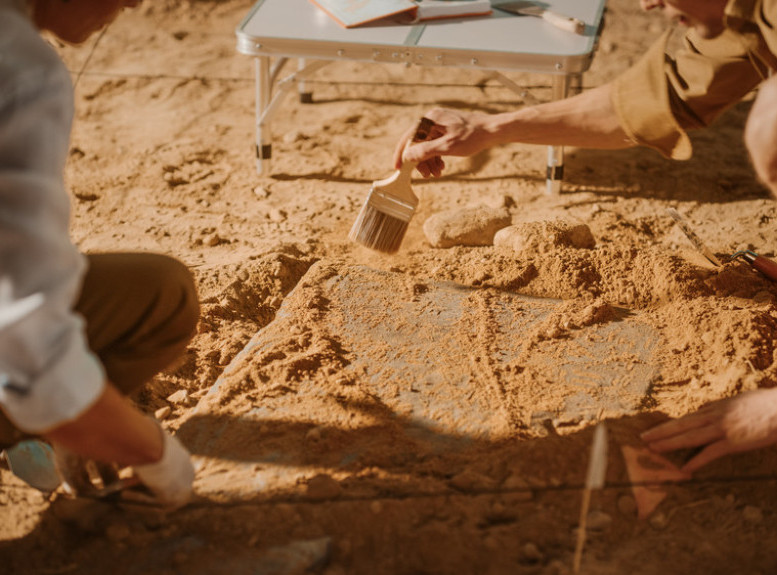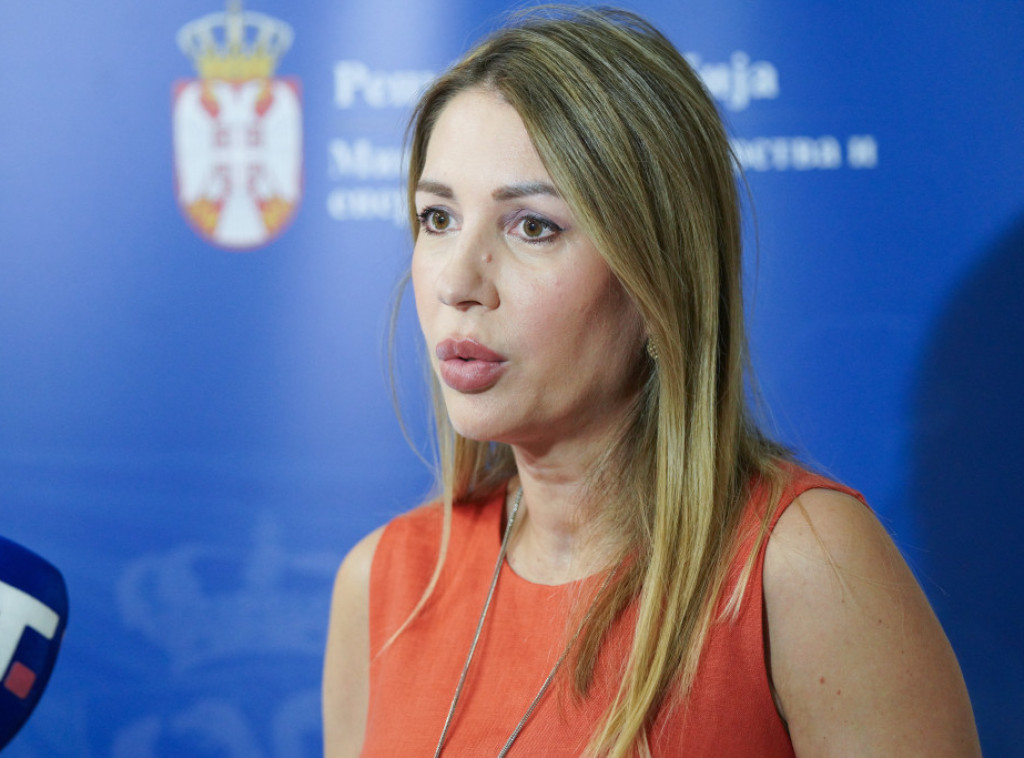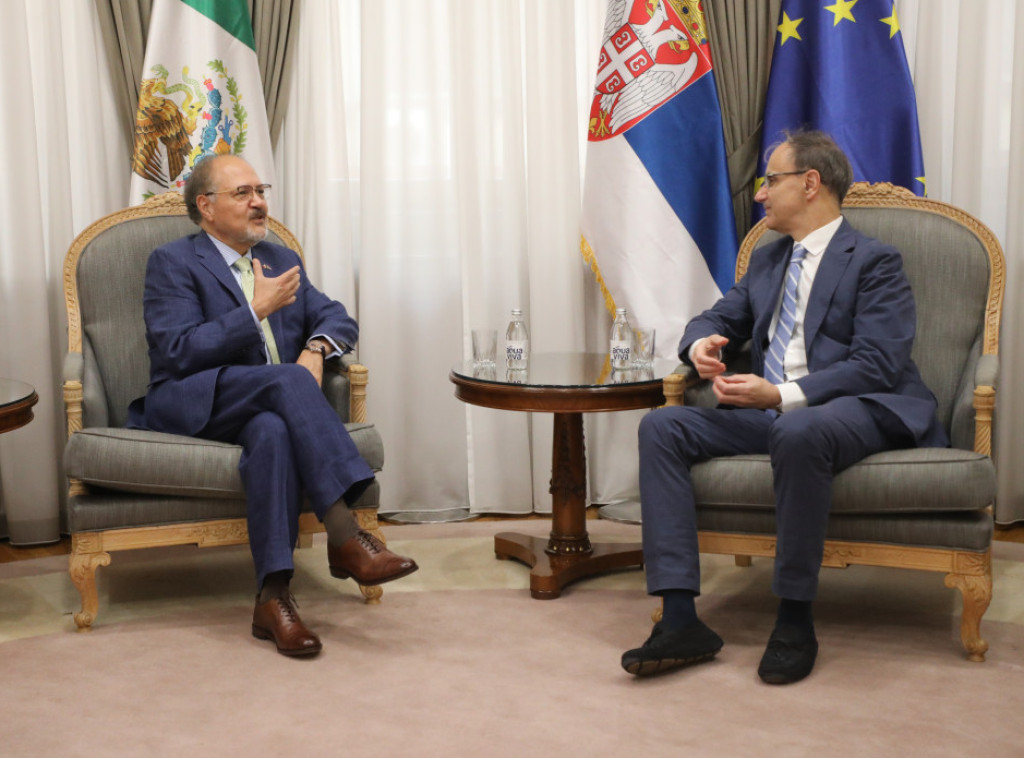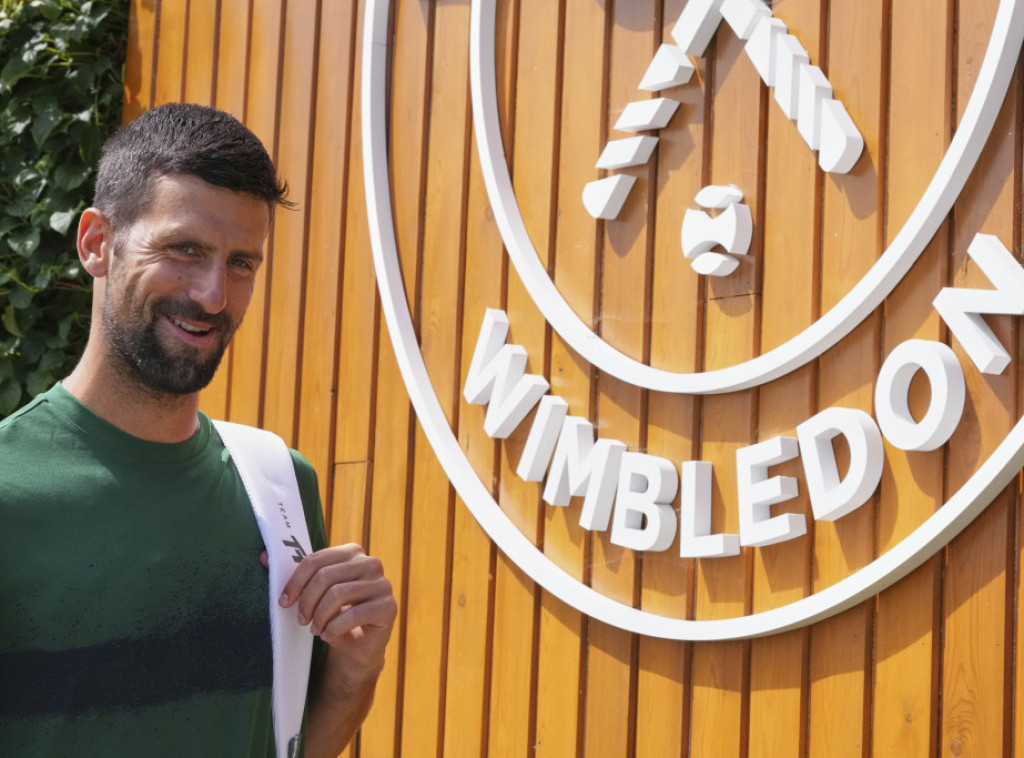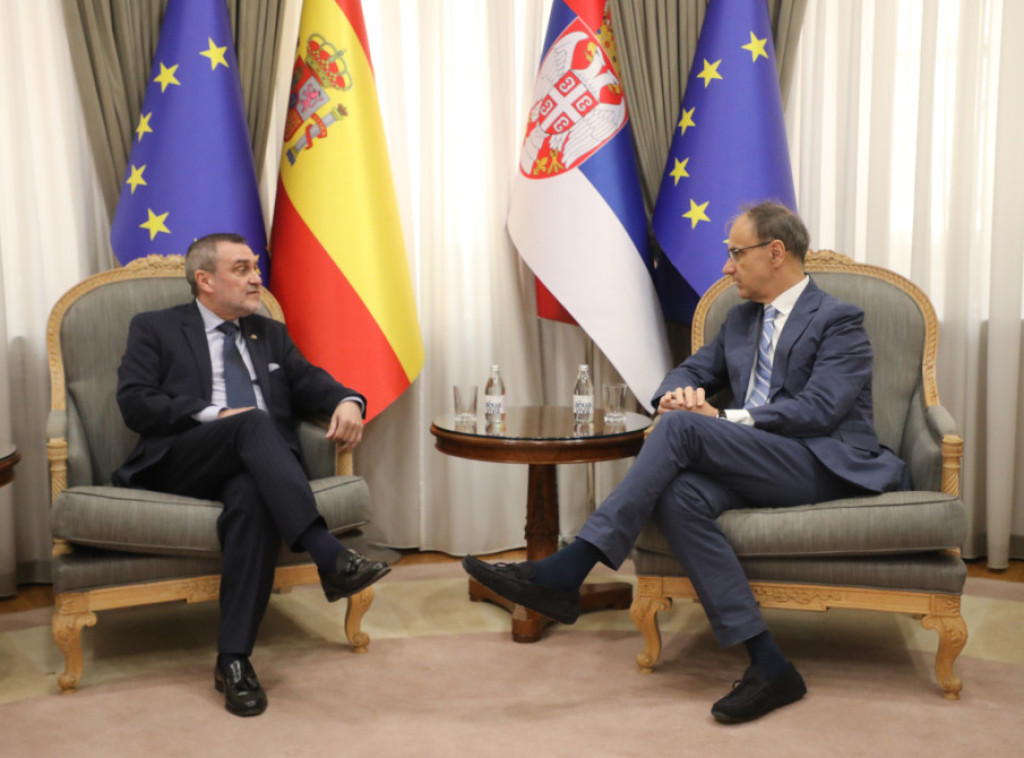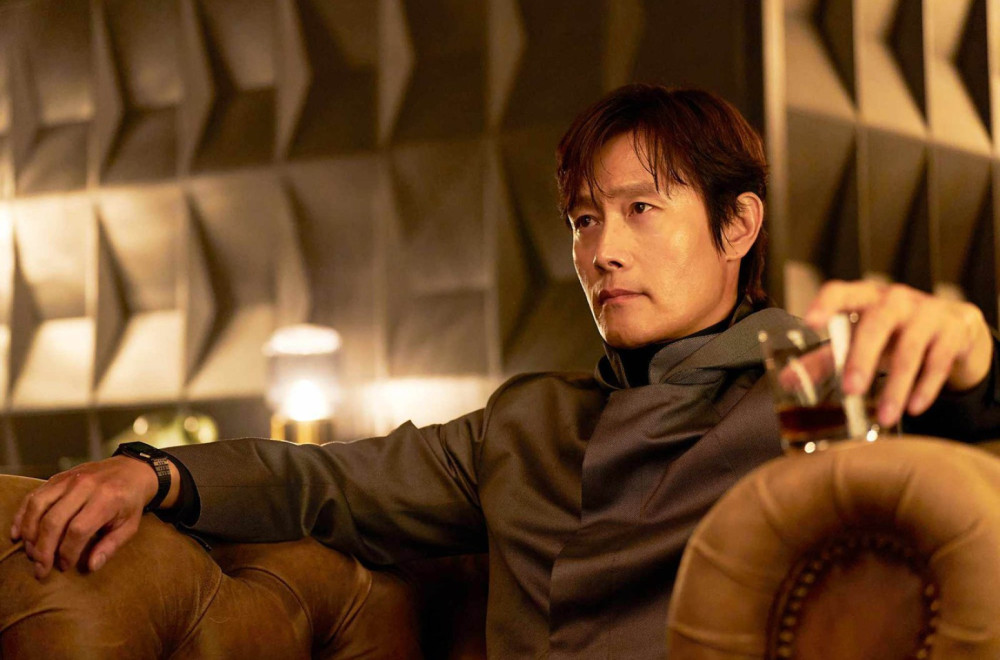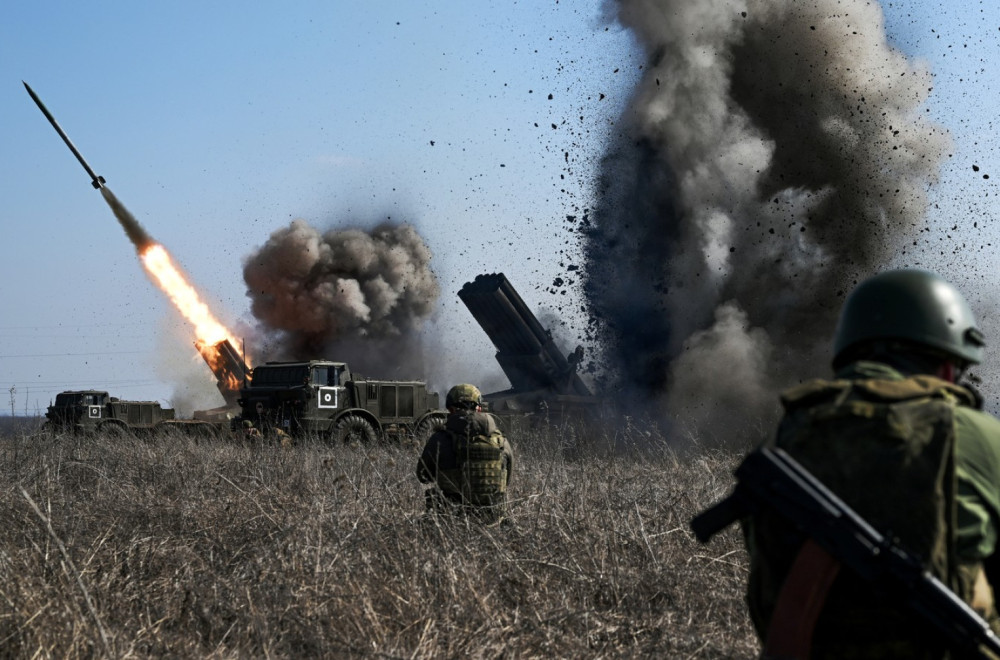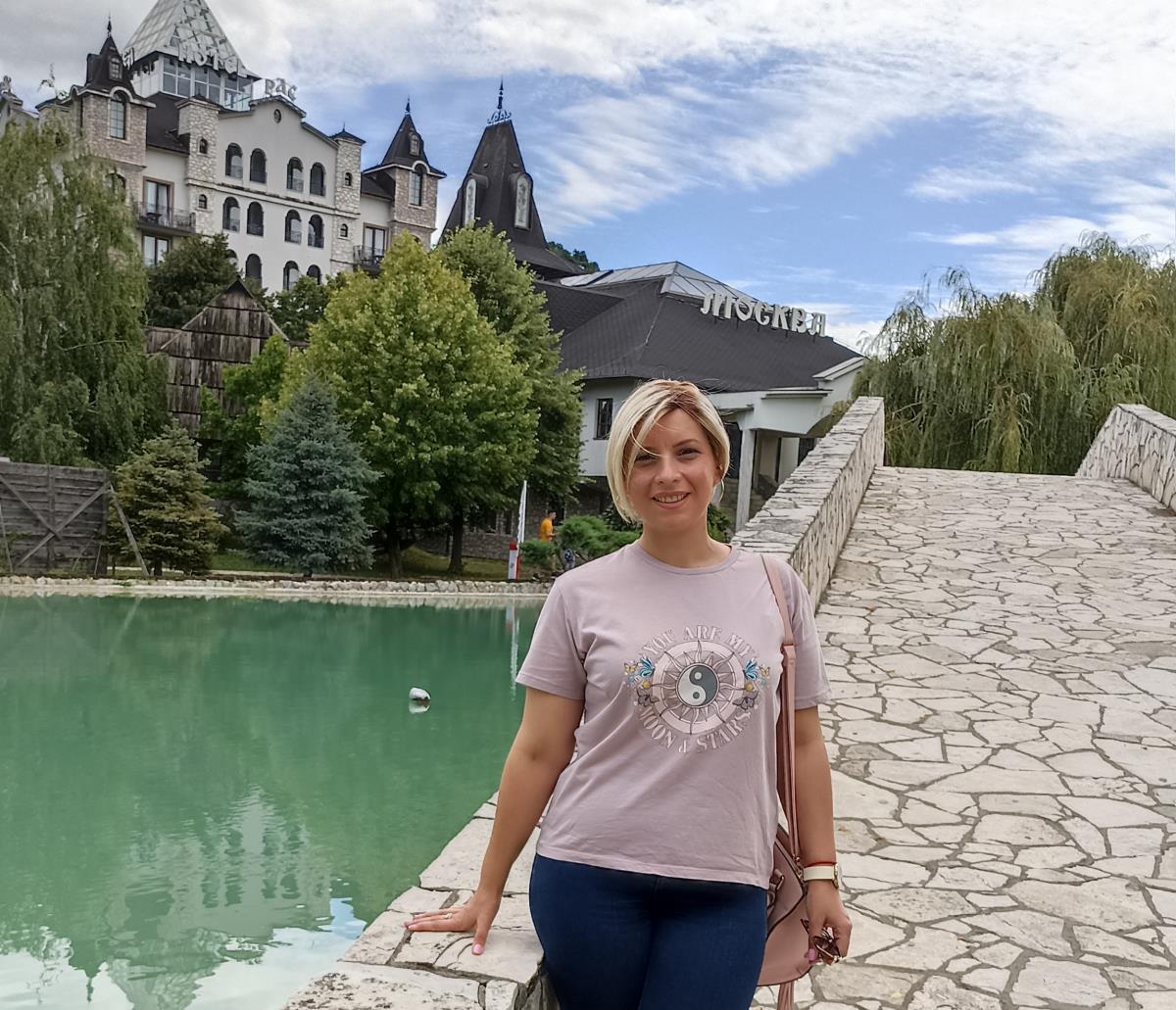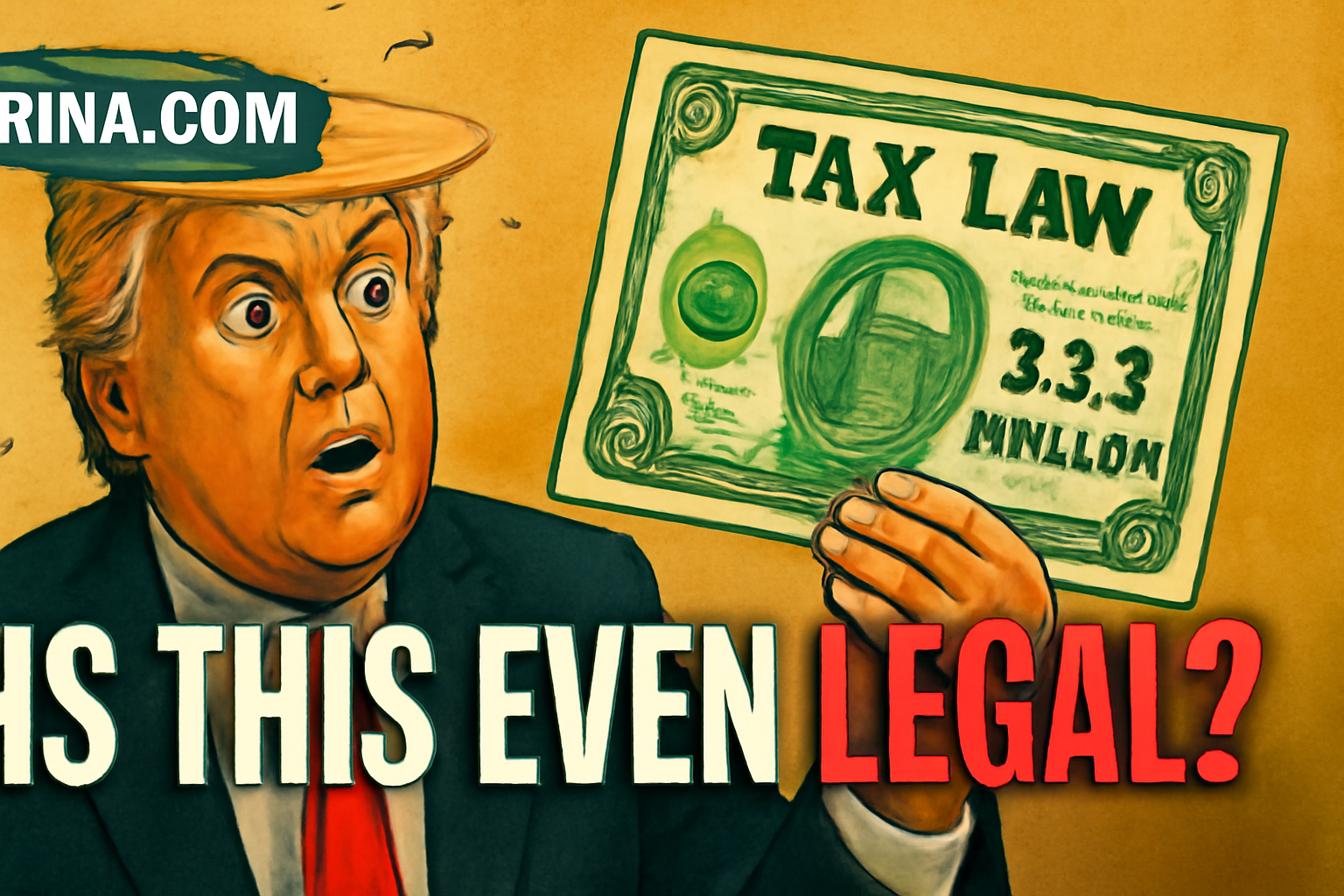Dodik Shocks: Serbs Reject Sarajevo as Capital!
Did you know that Milorad Dodik, the President of Republika Srpska, openly says that Serbs do not want to see Sarajevo as their capital? Yes, you read that right! At a time when some might want reconciliation, Dodik throws cold water and says Serbs have no feelings for the Federation of BiH and are not interested in even a millimeter of their territory.
What Did Dodik Say?
At the 83rd anniversary of the Battle of Kozara, Dodik clearly stated that Serbs do not want to be part of any federation and are not interested in the lifestyle or successes of the Federation of BiH. He emphasized that Kozara is a symbol of suffering and successful struggle of the Serbian people, a place of identity where Serbs refused to be diminished or expelled.
Kozara – Symbol of Suffering and Resistance
According to Dodik, Kozara is synonymous with the suffering of the Serbian people during World War II, where about 40,000 civilians were killed and 68,000 were sent to camps, including over 23,000 children. The commemoration gathered many officials, including representatives from Republika Srpska and Serbia, showing how important this topic is for the Serbian people.
What Does This Mean for BiH?
Dodik’s statement is not just political rhetoric – it is a clear signal that Serbs in Republika Srpska do not accept Sarajevo as the center of their state. This casts a shadow over the future of Bosnia and Herzegovina and reminds us of the deep divisions that still exist.
Time for New Dialogue or Deeper Divisions?
While some see these statements as a danger of further escalation, others believe Dodik is just the voice of a people unwilling to reconcile with the past. Either way, it is clear this topic will remain a stumbling block for a long time.
Conclusion
If you thought the war wounds have healed, Dodik quickly proves you wrong. Serbs in Republika Srpska clearly say: Sarajevo is not their capital, and Kozara is a symbol of their struggle and suffering. What do you think about these statements? Is this a sincere defense of identity or dangerous politics that could ignite conflicts again? Drop a comment, let your voice be heard!


